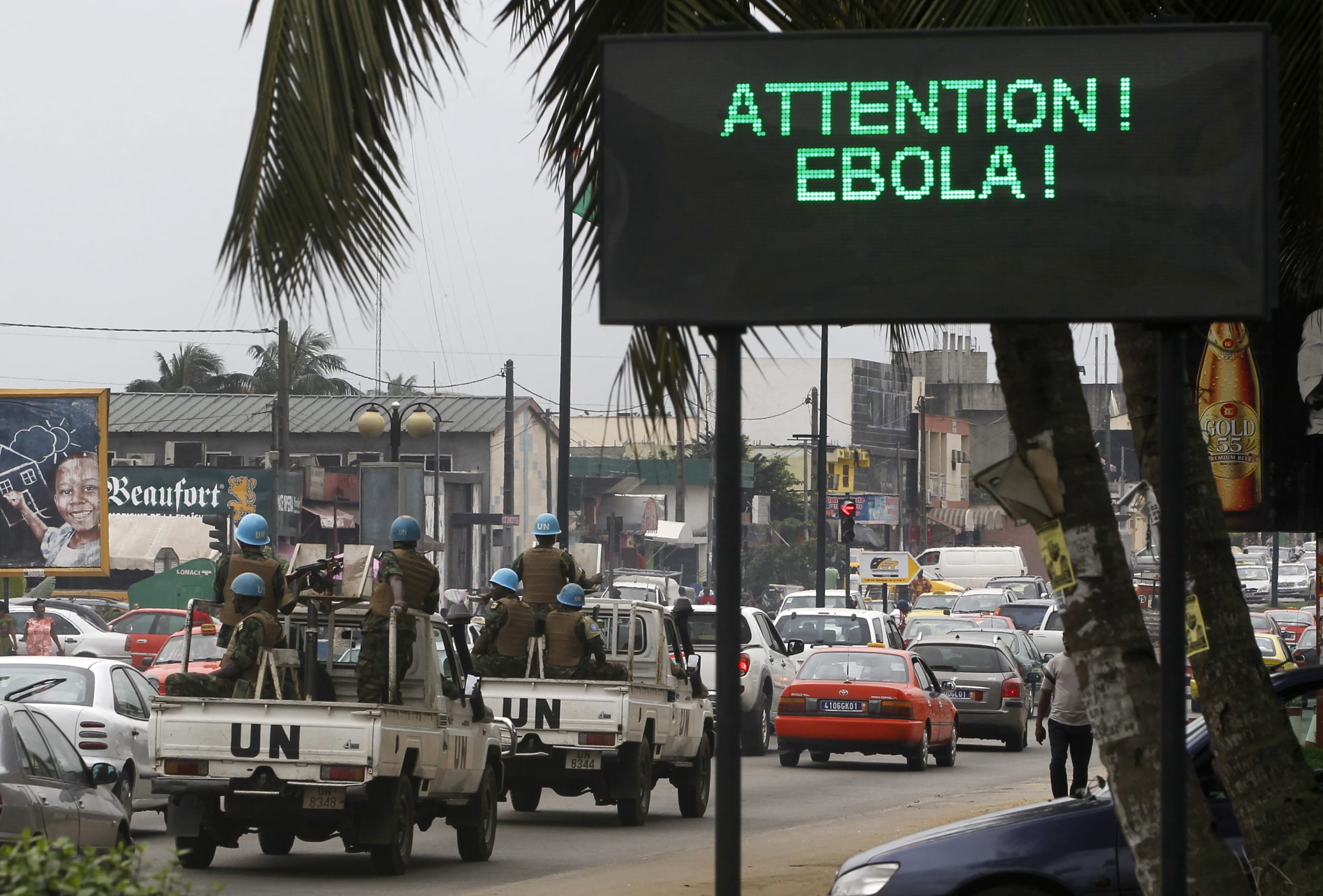Over the last decade, a series of devastating disease outbreaks has demonstrated the interconnection between humans, animals, and the environment—and the grave consequences for global public health.
Africa bears a disproportionate burden of such outbreaks: between 2012 and 2022, zoonotic outbreaks there increased by 63 percent. These include endemic diseases such as brucellosis and leptospirosis, neglected zoonoses such as rabies and onchocerciasis, and acute zoonoses such as anthrax, yellow fever, and Lassa fever. Climate-related health emergencies are also having a disproportionate impact on African communities. The world needs to make stronger commitments to addressing both the impacts and drivers of ecosystem breakdown. One Health is a holistic framework for doing this.
As trade further globalizes, populations urbanize, and agriculture intensifies in unsustainable ways, these forces put pressure on the human-animal-environment interface and increase the risk diseases will emerge and spread.
Agricultural practices meant to meet growing demand for animal protein often rely on antimicrobials to keep the animals health and productive. Animals consume three times the volume of antimicrobials used by humans, and farms overuse of these compounds is contributing to the rapid emergence and spread of antimicrobial resistance. Most African countries lack the systems to address this threat, nor can any single community or country do so alone.
Zoonotic outbreaks increased by 63 percent in Africa between 2012 and 2022
International partners must do more to curb the drivers of zoonotic outbreaks and antimicrobial resistance, including by contributing more resources for affected communities to limit their impact. The COP 27 Loss and Damage Fund, which seeks to compensate countries for the undue impact of climate change on Africa, is an important vehicle for this.
Adopting a One Health approach means optimizing resources to get ahead of the next pandemic, including by accelerating implementation of the International Health Regulations. Multisectoral approaches are more sustainable and cost-effective, since resources and responsibility are shared across all relevant stakeholders.
Africa CDC has embraced a transdisciplinary One Health approach. When COVID-19 emerged, we increased our investments in surveillance systems and infrastructure. For example, we established a system to brings together regional laboratory experts to develop a collaborative approach to disease preparedness and response, RISLNET, and a program to better leverage genomic sequencing technologies to enhance disease surveillance, the Africa Pathogen Genomic Initiative. We also developed a framework for One Health practice for National Public Health Institutes to provide technical guidance to countries on how to operationalize the One Health approach.
The African Union is also committed to One Health, as demonstrated by its a high-level political agenda. While some progress has been made, African Union member states show varied levels of interest: only 14 percent of African countries have a multisectoral action plan for zoonotic disease outbreaks. They are slowed by administrative challenges and bureaucratic bottlenecks; for example, some ministries cannot access funds to implement One Health activities with other ministries.
To promote inter-sectoral collaboration and adequate investment will require high-level political commitments. The declaration of a common African position on antimicrobial resistance is one of the most significant strides the continent has made. The Africa Union is uniquely positioned to convene heads of state and ministers to secure such commitments for example, it could mandate member states make financial contributions, and encourage them to enact laws to improve health outcomes. The African Union has established an Interagency Coordination Group on Zoonotic Diseases and the African Union Task Force on Antimicrobial Resistance to address different dimensions of the problem. African Union regional economic communities and member states could replicate this coordinated approach.
One Health is a promising approach for coordinating across agencies, borders and disciplines, and recognizes the interconnected drivers of our health challenges. It can safeguard the health of peoples and economies and help realize the goals of Agenda 2063: The Africa We Want, a blueprint for transforming Africa. Africa CDC will work closely with the African Union, its member states, multilateral organizations and civil society to help achieve a new public health order.













